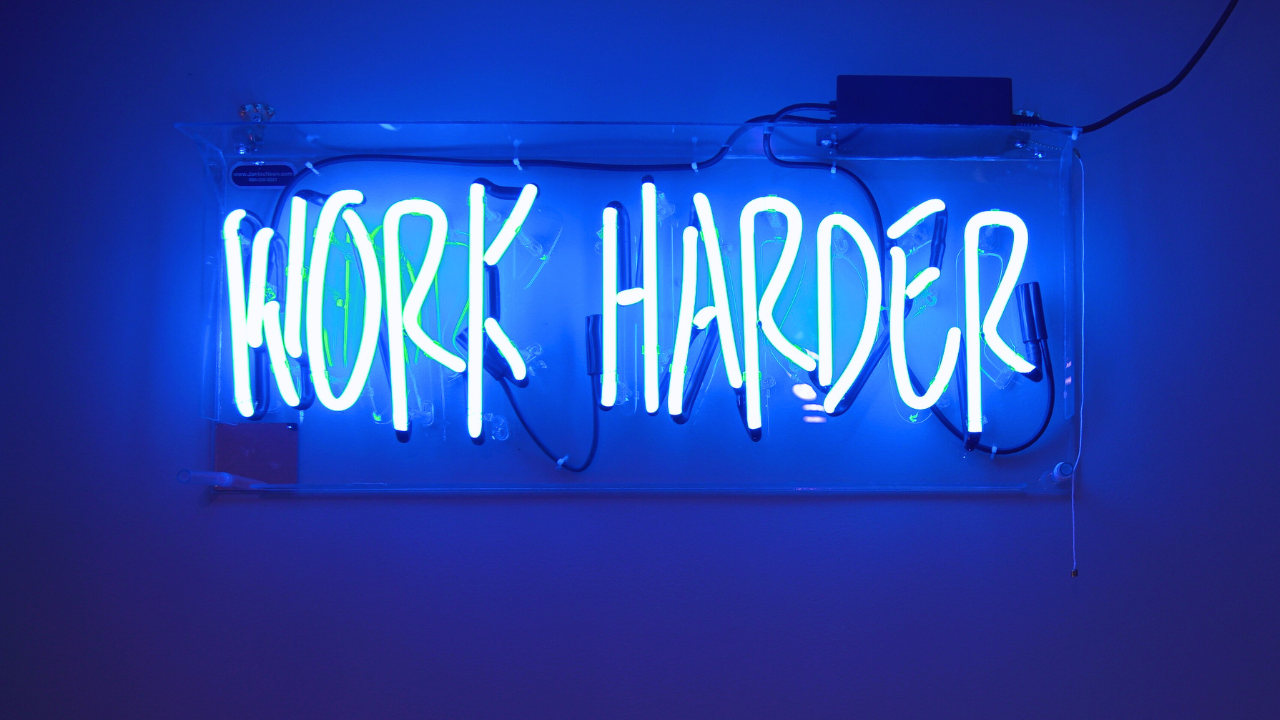The State of Engagement

Engagement Is the Game Changer
It’s no secret that engagement is at a low point.
The real secret is that everyone knows it, but nobody wants to admit they’re feeling it too. And let me tell you—I know. Because I see the signs every time I’m asked to come in for a “team reset.” When a leader says the word resilience, nine times out of ten, what they really mean is: we’re running low on battery, and people are powering down.
I’ve been lucky enough to work with some of the most high-performing, high-stakes teams in the world—half of the Big Four, federal agencies, military leaders. And the thing that separates the best from the rest isn’t just talent or titles—it’s that these organizations understand how to develop their people. They know that when the engine starts sputtering, you don’t yell at the car to go faster. You check under the hood.
When things get stagnant and they’ve tried everything else, that’s when they call in help. And what actually works? Training that feels like a game. Not a chore. Not a checklist. A game.
The shift for me started during my time inside Deloitte, mid-2010s. I got to lead conversations around workplace well-being for some of the highest-performing professionals in the country. But here’s what hit me: well-being doesn’t show up where we think it does. It’s not hiding in a vacation policy or your company’s favorite meditation app.
Well-being is rhythm. It’s remembering to live even when you’re committed to the work.
Quiet quitting isn’t laziness. It’s a signal. A reaction. A response to burnout, unrealistic expectations, and a lack of perceived care. And if our leaders are too burned out to notice—or worse, too burned out to care—then we’ve cut our anchor lines, and the whole ship starts drifting.
Buy-In vs. All-In
Here’s the thing: You can’t ask people to go all-in if you haven’t earned their buy-in.
I’ve worked with plenty of cultures that push people to go harder, faster, longer. But if all that’s in it for your team is a paycheck, it’s never going to be enough. The most talented people I know aren’t moved by the money alone. They want meaning. They want flexibility. They want to know they’re part of something worth committing to.
Are you offering PTO that people can actually take? Are you building autonomy into the way work gets done? Is there any creative freedom in how your team approaches a problem—or is everything dictated from above?
And let’s talk about empowerment. Not the buzzword version. I mean real empowerment. The kind that says, “We trust you to do great work, and we’re not going to micromanage how you get there.”
If you want people to work hard, dream big, and push through the tough days, you’ve got to show them where the effort leads. Is this a place where they can grow? Or is it just another stop on the way to somewhere else?
Don’t get it twisted. Get it right.
Engagement isn’t about motivation posters and casual Fridays. It’s about designing a culture where people want to stay in the game—because they can see what’s in it for them.
Decide to Engage
This is the part where it gets real.
Deciding to engage is the inner work of leadership. It’s not about standard operating procedures. There’s no playbook once you hit a certain level. It’s just you and your compass.
If you’ve made it to a senior role—or even if you’re just aiming for one—you already know what I’m talking about. At the top, there are fewer rules, fewer guide rails, and way more ambiguity. So what keeps you going?
You do.
You decide to engage. Not just once, but every day. To stay in the game when it would be easier to check out. To do the work when nobody’s watching. To remember why you started and recommit to the mission—not just for your team, but for yourself.
It’s not easy. It takes stamina. Self-awareness. A fire in your gut that doesn’t always come naturally. But the best leaders I know? They find it. They light it. And they keep it burning, day after day after day.

OK, Let’s Play
Every week in this section, we offer something to actually do. Not just think about. Not just bookmark. Something to play with.
This week’s game is about shifting from obligation to ownership.
Ready: The question isn’t whether work is hard. It’s whether it’s worth it.
Set: Decide today that your effort matters—not just to others, but to yourself.
Go:
- Ask yourself if your work fuels you—or just depletes you. Be honest.
- Write down one way to bring more joy or creativity into your day-to-day.
- Choose a personal goal you want to work hard at—because it matters to you.
- Find one task this week you usually dread and reframe it as a chance to show up fully.
State Your Claim
We’re all engaged in something.
Even if right now, you’re engaged in the art of disengaging. Taking a step back. Catching your breath. That’s okay—so long as you don’t forget to come back to the game… or write yourself a better one.
What won’t serve you? Distraction. Delay. Doomscrolling while the clock keeps ticking.
The best direction is forward.
So state your claim.
Say it out loud. Write it down. Make it real. You don’t owe it to anyone else—but you do owe it to yourself.
Because here’s the truth: the real state of engagement is you. It lives in your choices, your energy, your intention. Better than any corporate survey can measure.
And I’ll be here, cheering you on as you claim it.
---
Hey there! I’m Blair Bloomston, author of UPLIFTED WEEKLY and your friendly consultant, facilitator, and game-based educator on-call, bringing a passion and penchant for all things play (I’m also alliteratively all-in). As the founder of Leaders Uplifted, I help leaders like you tap into creativity, connection, and confidence to make work feel less like a grind and more like a game. Keep reading with me— I’m here to be your business best friend. Let's go!

